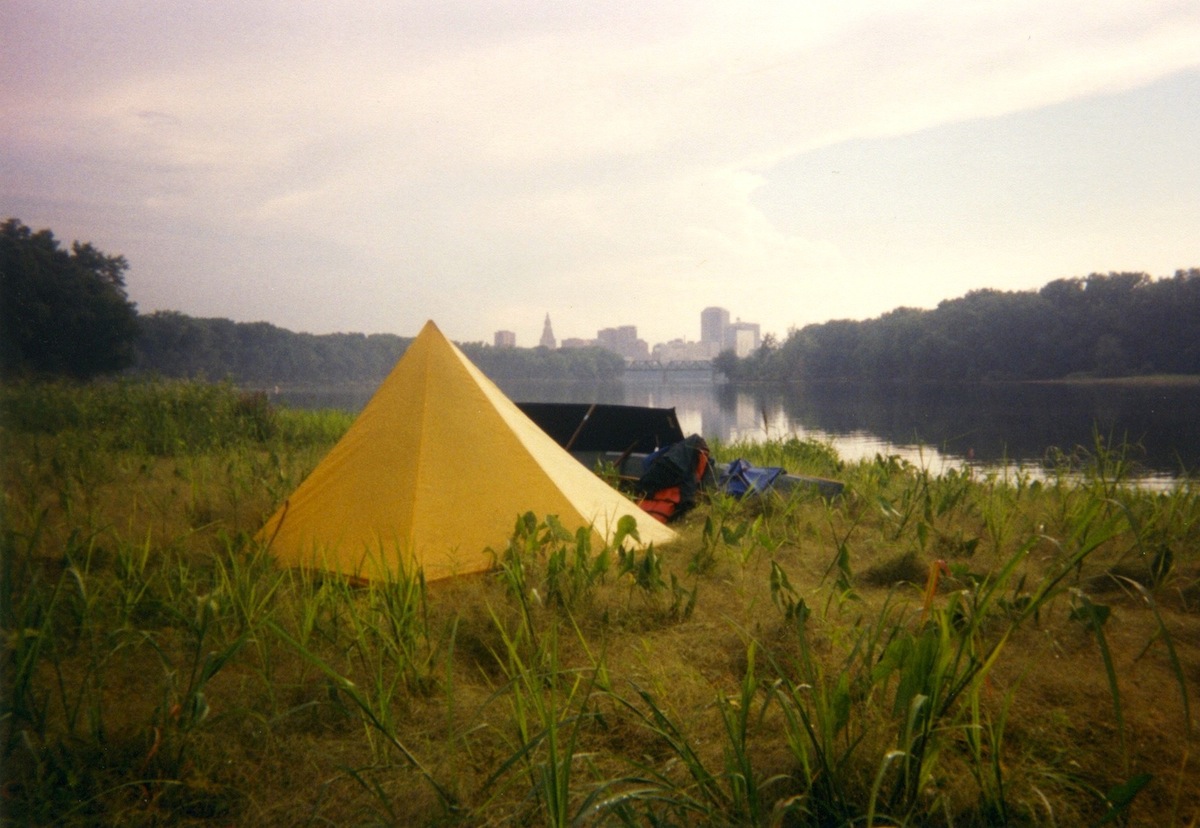Taking Time to Think Things Through
. . . thinking is work, particularly if it’s outside the box. That means breaking habits, seeking new paths, venturing into unknown territory: scary stuff . . .
It’s hard to finish a thought these days; a deep thought, that is. The sort of “wow, cool!” thought that deserves exploration. The what-ifs that take our thinking beyond mundane tasks and decisions to give us a glimpse of possibilities. Of betterment. Enlightenment. We’ve forfeited that activity to philosophers (studied only in college), news “analysts” (awash in cynicism, watched in an after-work torpor), and talk-show fanatics (so slanted, so adamant, so venomous, and so impossible to interrupt).
I’ve worked in corporate America, where there’s lots of blather from management about “thinking outside the box.” But not too far out. And not if it means missing your deadlines or skipping a few meetings or putting off a status report or . . .
Even at home there’s no time to sit back and work through an idea. Yard work, chores, household projects, cooking, family time, and then the distractions: hobbies, hikes, books. I thank God we don’t have cable or an antenna, but even the old DVD player lures us into lazy entertainment, never mind the siren song of the Internet.
Besides, thinking is work, particularly if it’s outside the box. That means breaking habits, seeking new paths, venturing into unknown territory: scary stuff. Hard work. I once took a three-week vacation so I could canoe the length of the Connecticut River, 370 miles from the Canadian border to Long Island Sound. Now, this was not wilderness adventure; the Connecticut is a very civilized stretch of water, with plenty of towns and very little white water. I figured I’d have plenty of time to think through a few philosophies. Heck, I’d probably even write a book of essays when the trip was done.
No such luck. No such leisure. Oh, I had plenty of ideas, but I seldom got beyond the “wow, cool!” moment. Paddling 18 to 19 miles a day is hard work, and not just for the biceps. I was constantly watching out for snags, looking ahead for the next portage or campsite, worrying about the weather, or that constant slow leak. And there were far too many wonderful distractions: birds, flowers, the view around the next bend. I kept a journal, but even that didn’t help. Many evenings I hardly had the energy for a few notes on distance and location, a few reflections on the day’s events. There are lots of passing thoughts in there, but that’s all they did: pass in and out again.
It’s more than a shame, this enforced – or assumed – shallowness of thought. It’s a waste of our human potential. We are a species that can think up sending people to the Moon and robot subs to the very bottom of the deepest ocean trenches. We can engineer the most amazing technologies, build corporate empires worth billions of dollars, and found world-spanning religions. We can also pour oil into our seas and sulphur into our air. We can create poetry and pornography, the Mona Lisa and scented ads for Obsession. We can bomb thousands of civilian bystanders to capture one despot. We can grow fat, yet turn our backs on millions of homeless men, women, and children.
We could achieve so much more, if only we took the time to think things through.
This was my very first blog post, written ten years ago. The canoe trip it refers to took place 15 years ago. Yet the theme, with the tiniest of updates, is as true now as it was then, if not more so. I’ll be reposting other originals that grab my fancy in the next couple of months, along with new posts . . . when I make the time.
